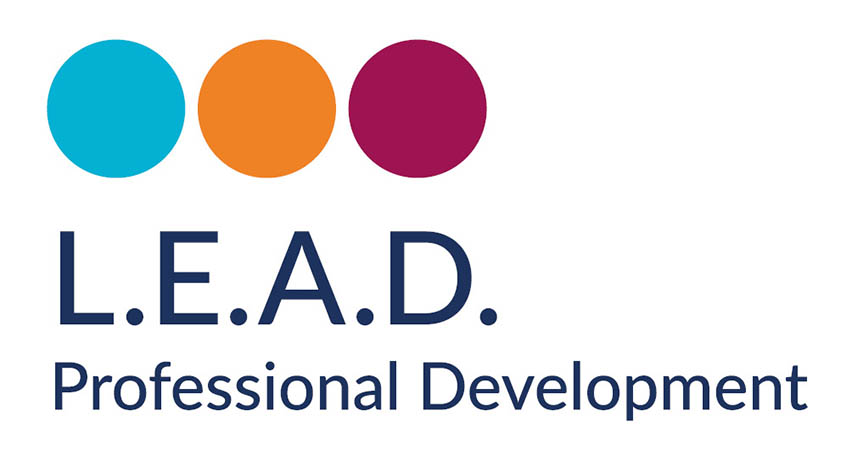
Kelsey Primary School were recently awarded a Primary Science Gilt Quality Mark as a culmination of 2-3 years of focused improvement in science.
"The best thing about the Quality Mark has been embedding changes to our provision that has helped children reach their potential."
Rachel Clarke, Senior Teacher and Science subject leader
"Science is now my favourite subject! I always look forward to STEM club."
LKS2 pupil
INTENT:
As a result of wanting to ensure that science had the same strong status as Maths and English in our school, it has been a focus on our School Development Plan.
We embarked on a peer review with other schools in 2019/2020 with feedback given that suggested that the subject leader taught science particularly well and to share and embed that good practice in other year groups. We were also advised to make science a discrete subject so that progression within science strands was really evident both in books but also for children’s learning journeys over a term of lessons. They needed to know how their current learning built upon prior learning and what they were working towards. Children also needed to regularly engage in scientific enquiry types so we were advised to use a poster with an acronym on across the school.
IMPLEMENTATION:
After our peer review, all teachers in school came to observe the subject leader and we began peer coaching practices so that science lessons had a clear structure throughout the school. We rewrote our science curriculum so that science was taught discreetly in Key Stages 1 and 2. We started using the FROGS acronym as a way to introduce and then embed scientific enquiry types in lessons. (F – fair testing, R – research, O – observing over time, G – grouping and classifying, S – seeking patterns). In order to pitch lessons effectively, we introduced pre and post-testing so that at the start of a unit, children would answer questions about the upcoming topic. The scores achieved in these tests allow teachers to assess children as working towards, expected and greater than expected. They also identify areas of weakness in regards to prior learning that can be addressed either in interventions or a whole class recap. The children have the same questions at the end of the unit to measure progress and also to check for any gaps and misconceptions that can be addressed.
We introduced new practices into EYFS where children would have a weekly science input with related activities in the enhanced classroom provision. We also did an audit of the classroom to ensure that the continuous provision had clear and regular opportunities for science through understanding the world. Resources were introduced into the classroom as appropriate such as investigation equipment (binoculars, magnifying glasses) and gardening equipment. On a bi-weekly basis, children in EYFS also participated in science Star challenges, which are activities that children complete either independently or led by an adult that have a specific science element to them e.g. naming parts of the body, finding magnetic objects around the classroom using magnets.
From conducting pupil voice and staff voice surveys, it was clear that staff felt that science had a much more shared direction in school. Children were very responsive to the changes made particularly because of more use of practical and digital resources and being able to focus on science topics per term with a clear learning journey.
The last adaptation that we made to our curriculum was an introduction of information retrieval practice through a starter, which we called ‘Super Science.’ This starter is used in KS1, LKS2 and UKS2 at the start of every lesson, with low stakes, recall activities that recall learning from the previous term, previous week as well as introducing vocabulary and the scientific enquiry focus for the lesson.
IMPACT:
After a year of work (from 2020 to 2021), we felt in a strong position to work towards a Primary Science Gilt Quality mark, which was achieved in May 2022. It was the first Quality Mark that we have achieved as a school and we were in a strong enough position to go straight for the Gilt award rather than the first Quality Mark.
The portfolio that the subject leader created as part of the award process shows all the existing good practice as well as all the practice that has been improved as a result of this process.
We achieved our intention of raising the status of science in school to be on par with Maths and English. One of the main results of our recent work in science is that all stakeholders are now enjoying and celebrating science, not just teachers and pupils.



Please see attached evidence such as portfolio and Super Science starter Powerpoint
http://www.psqm.org.uk/ @psqm_HQ on Twitter – Primary Science Quality Mark
Please see our Twitter page for further information on our work in science - @KelseyPri
and our website: www.kelseyprimary.co.uk
